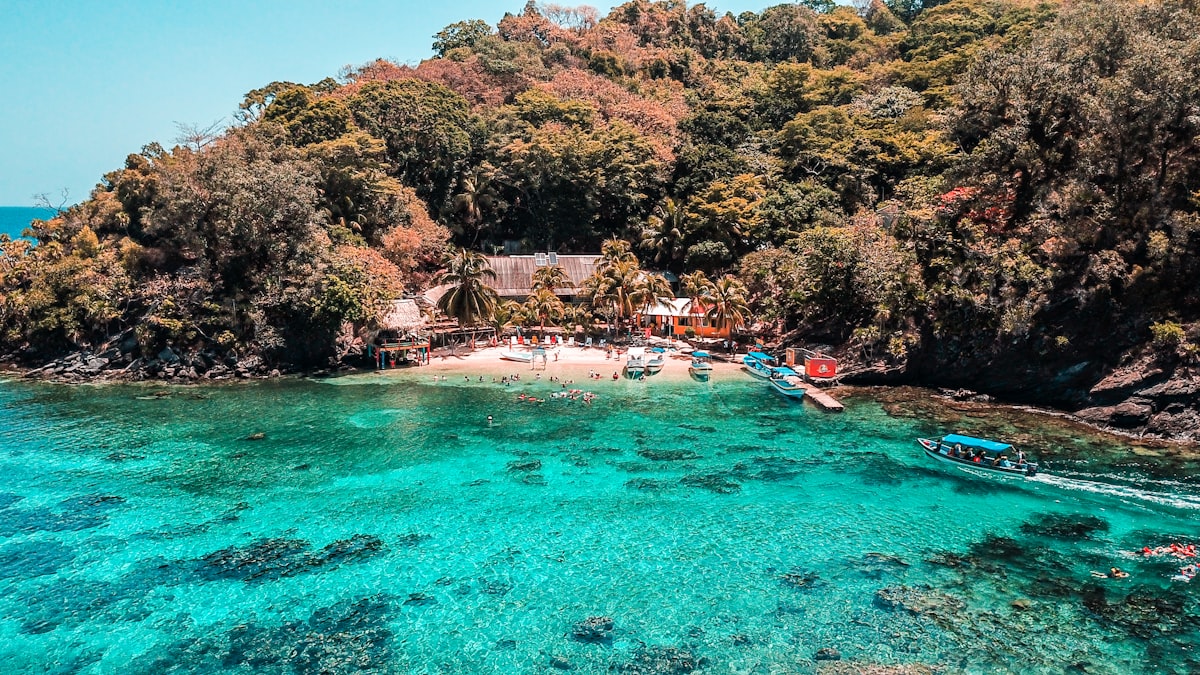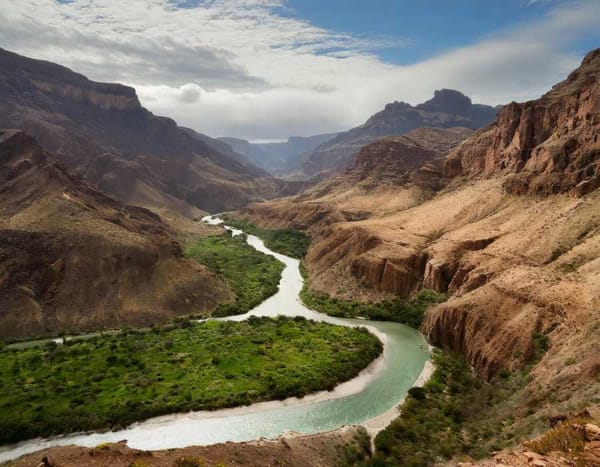Honduras seeks to reactivate tourism
Read how and why the Government of Honduras and the National Chamber of Tourism are preparing a plan to restart the tourism industry in the country.

The paralysis of the tourism sector in Honduras due to the coronavirus has so far caused losses of more than one billion dollars and the disappearance of some 100,000 jobs in the country, where authorities and entrepreneurs are working on a plan to reactivate the industry.
The cruise ship, hotel, and restaurant sector has been among the most affected following the border closure decreed by the Honduran government in mid-March to contain the spread of COVID-19.
The mandatory closure of establishments since mid-March, when the government declared a state of emergency due to the pandemic after confirming the first three cases of coronavirus in the country, has had a strong impact on job losses in the tourism industry.
The closure of Honduras' maritime borders and restrictions on the movement of people have suspended the arrival of cruise ships to the Central American country's Caribbean coast, which receives around one million cruise passengers a year.
More than 90% of the tourism companies in Honduras are micro, small, and medium-sized enterprises (MiPymes); 87.8% are of the national capital and more than 50% have up to 10 employees, according to figures from the National Chamber of Tourism.
The slump in the industry, which in 2019 registered revenues of $720 million and this year reports losses of over 26 billion lempiras ($1,048 million), according to official figures, has left a bleak picture in several regions of Honduras, with closed beaches, airports with no flights and empty hotels.
The situation is serious considering that tourism represents 6.5% of the country's gross domestic product, or some 40 billion lempiras ($1.613 billion).
Both the country and businesses in the sector are suffering the consequences of the impact on tourism, leading to a difficult situation for everyone in Honduras, where 98% of 960 small hotels remain closed and the remaining 2% are operating with an occupancy rate of between 5 and 10%.
High impact
The impact of the crisis on tourism activity, which generates employment for more than 250,000 people, is extremely high; there have been cancellations of reservations and events at all levels of the industry. There is no expectation of hotel occupancy exceeding 15%, when before it was 60% or more, and operating costs remain the same.
The year 2020 has been a lost year and an emergency year, in which the important thing is to maintain life and keep some jobs. Honduras' tourism sector has so far lost around 100,000 jobs and another high number of workers are temporarily suspended due to the coronavirus, according to official figures.
Reactivation plan
The Government of Honduras and the National Chamber of Tourism are preparing a plan to restart the activity and welcome national tourism. The country needs foreign visitors to return soon to restore the pulse of the sector, but they believe that recovery must first begin with national tourism.
The plan to reactivate tourism, of which the authorities have not offered details, aims to make alliances in the region to strengthen the industry and avoid further job losses. Authorities expect that by the end of June some hotels will begin operating again, while restaurants and cafeterias opened in May with over-the-counter orders and home deliveries.
The country began a gradual economic recovery on Monday, which does not yet include hotels, bars and zoos, or public transportation, among doubts of doctors who believe that the process could increase infections with COVID-19. Authorities stress the need to focus on domestic tourism in Honduras, a country with great tourist and cultural diversity, which during Holy Week lost some 7 billion lempiras (282.4 million dollars).
Honduras offers tourists sun and beaches, archeological sites, rivers, ecological and adventure parks, diving in the Caribbean, living cultures, castles and colonial cities, and has one of the 25 sites with the best beaches in the world, Roatán. The country also has 91 protected areas and national parks that represent 27% of the national territory, 700 species of birds and coral reefs in the Caribbean.




